Care and State (CaSt)
Hard Facts
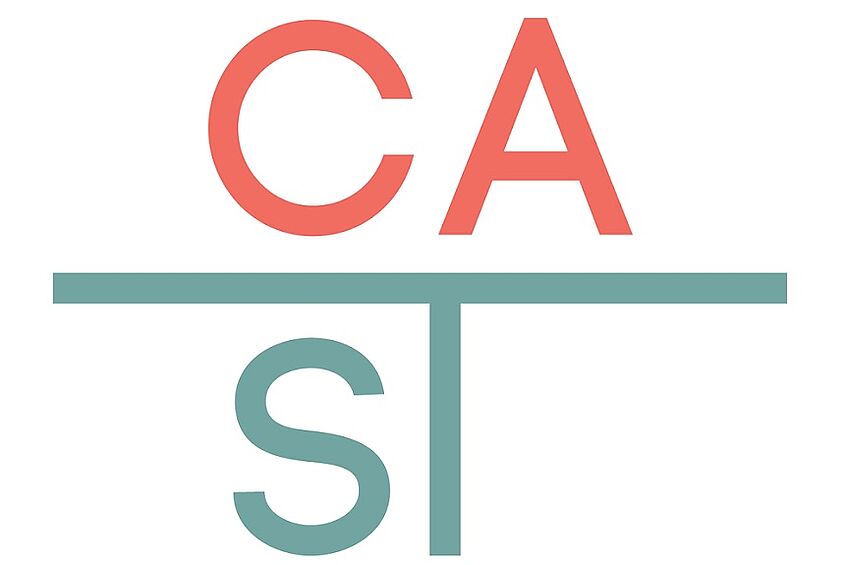
-
What we do
The acronym CaSt stands for Care and State. It denotes a network of anthropologists interested in the relational co-constitution of care and the state. Starting from a small team in Vienna, we have expanded to a decentralised network of independent scholars convinced that bringing these fields together engenders innovative insights, important not only for academics but also diverse fields of policy development.
The group members’ research is characterised by a relational approach to the state and the (re-)production as well as the dissolution of significant relations and difference through care. Thereby, care has immense political importance for political subjectivities, belonging and the reproduction of the state at different layers. The individual projects cover diverse fields, that have in common to centre around interfaces between the private and public spheres. One focus is the performativity and impact of welfare practices on the reproduction of social marginalisation based on constructions of cultural difference within institutions like public childcare or senior citizen welfare. A second focus consists of the reproduction and reconfiguration of political subjectivities in boundary work through care. That includes the co-production of kinship and state as separate units as well as ecological activism around caring for the environment. In both instances translations of globally circulating ideas and concepts of care are central.
EnMoTe - Environments, Mobilities, Technologies
Hard Facts
Team Leader: Peter Schweitzer
Administration: Johannes Kramer
Website: https://ksa.univie.ac.at/forschung/forschungsgruppen/enmote/
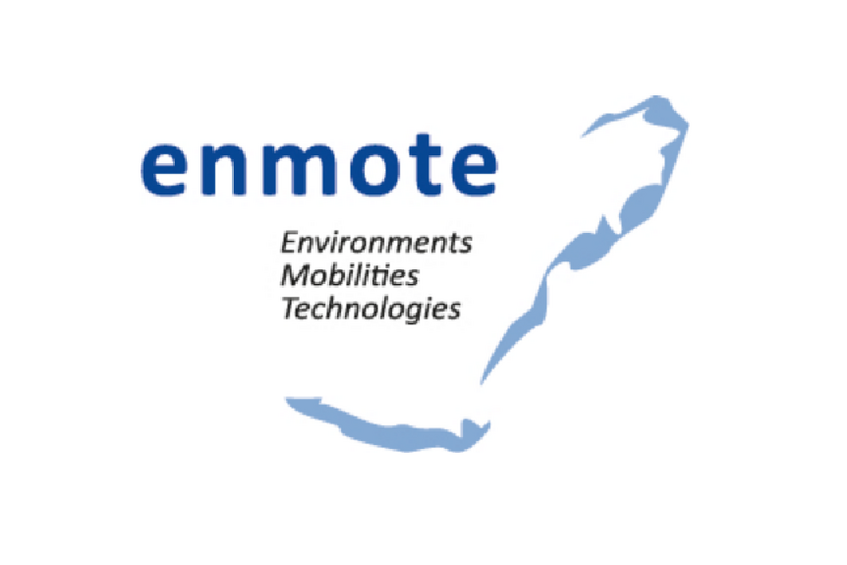
-
What we do
EnMoTe delineates a field of anthropological inquiry focusing on human-environmental relations, including built environments and infrastructures, as well as on the flows and movements of human and non-human beings, things, and ideas. The two regional focus areas are 1) the circumpolar North and other remote “resource frontiers,” and 2) the former Soviet Union and other post-socialist areas. While our team consists primarily of anthropologists, EnMoTe acknowledges the necessity to work with scholars from other social science disciplines, the humanities, arts and natural sciences in order to properly understand the world we live in.
Geschlecht – Macht – Kultur
Anthropologische Perspektiven?
Hard Facts
Participants: Brigitte Fuchs, Barbara Grubner, Gabriele Habinger, Monika Jank, Christa Markom, Herta Nöbauer, Adelheid Pichler, Victoria Reitter, Mona Röhm, Jana Salat, Irina Schaltegger, Sabrina Steindl-Kopf, Jelena Tosic, Sanda Üllen, Aurelia Weikert, Patricia Zuckerhut
-
What we do
Der Forschungsschwerpunkt ist eine Vernetzung von Forscher_innen, die sich dem Thema feministische Anthropologie – Gender Forschung einschließlich Männlichkeitsforschung aus anthropologischer Sicht widmen.
Thematische Schwerpunkte
- Geschlecht und Handlungsmacht
- Geschlecht und Gewalt
- Geschlecht und Hegemonie
- Geschlecht und „otherwise“ (nicht-menschliche Wesenheiten)
- Ethnisierung von Sexismus
- Rassialisierung/Rassifizierung von Geschlecht und vergeschlechtlichte Formen von Rassenkonstruktion
- Geschlecht und Migration/Flucht
- Gender und Tourismus/Reisen
- Geschlecht und Pluralität
- Multiple Geschlechter
- Freiheit und Geschlecht
- Intersektionalität
- Geschlecht im Spätkapitalismus/Neoliberalismus
- „Antifeminismus“ und „Antigenderismus“
- Wissenschafts- und Institutionengeschichte
Theoretisch-methodologische Perspektiven
- Geschlecht als Strukturkategorie, d.h. als zentrale Analysekategorie von Gesellschaft
- Queerfeministische Perspektiven mit gesellschaftstheoretischer Fundierung
- Intersektionale Ansätze mit Blick auf globale Strukturen der Ungleichheit
- Das systematische Zusammendenken feministischer Theorie und kritischer Kulturkonzepte
- Die Verknüpfung von queer-/feministischen Perspektiven und Ansätzen zu Männlichkeit
- Postkolonial-feministische Theorie
- Postcolonial Studies und dekoloniale Perspektiven in ihrer Verknüpfung mit Geschlechterverhältnissen
- Ontological turn/New Materialism
- Geschlechterkonstruktionen vor dem Hintergrund kolonialer und rezenter globaler Dynamiken
Health Matters
Hard Facts
Team Leader: Janina Kehr
Team: Giorgio Brocco, Sofie Kronberger, Lucia Mair, Mafe Olarte-Sierra, Veronika Siegl, Lisa Lehner, Julia Koroknai, Mara Köhler
Administration: Miriam Schwaiger
Website: https://health-matters.univie.ac.at/
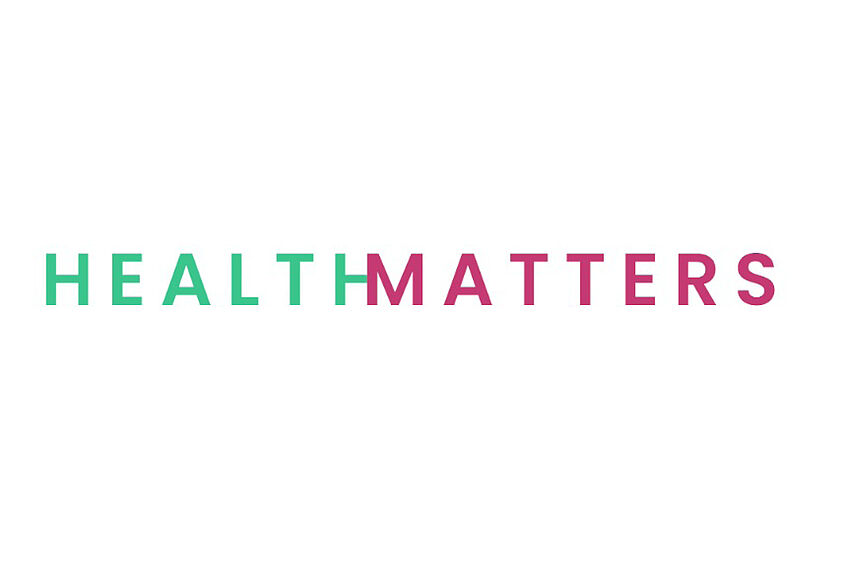
-
What we do
Our work is situated at the intersection of Critical Medical Anthropology, Global / Public Health and Feminist Science and Technology Studies. We want to understand how health matters and how health is mattered.
Our topics range from the critical analysis of medicine, healing practices and notions of health, illness and disability, to collective forms of care, ethics, and morality. We are concerned about the wide-ranging intersectional inequalities that shape past and current biopolitics and embodied experiences. Our aim is thus to understand how the global economy, contentious politics, diverse forms of medicine, and technology shape human and more-than-human lives in postcolonial worlds.
We care about nurturing open academic spaces of collaboration, kindness, mutual understanding, creativity and joy. We strive to build environments of relatedness and solidarity which are driven by concerns for social and environmental justice.
Artificial Intelligence at the Department of Social and Cultural Anthropology (KIKSA)
Hard Facts
The working group meets monthly. Everyone (students, lecturers, alumni, etc.) is welcome!
If you are interested, please send an e-mail to: ki.ksa@univie.ac.at

-
What we do
The Artificial Intelligence Working Group at the Department of Social and Cultural Anthropology (KIKSA) is concerned with the impact of artificial intelligence on university teaching and research.
It pursues two goals: to critically examine AI developments from a specific cultural and social anthropological perspective and to enable a proactive, reflective and responsible use of artificial intelligence in an academic context. The working group offers a space for the exchange of experiences, discussion and open questions on AI in teaching and research. Among other things, the group deals with pedagogical best practices, develops KSA-specific guidelines for dealing with artificial intelligence, and draws up concrete recommendations for the use of artificial intelligence for students, teachers, administration and researchers.
Refugee Outreach and Research Network (ROR-n)
Hard Facts
Founder: Institute for Social Anthropology (ÖAW)
Team (at IKSA): Gabriele Rasuly-Paleczek, Monika Palmberger
Website: http://www.ror-n.org/
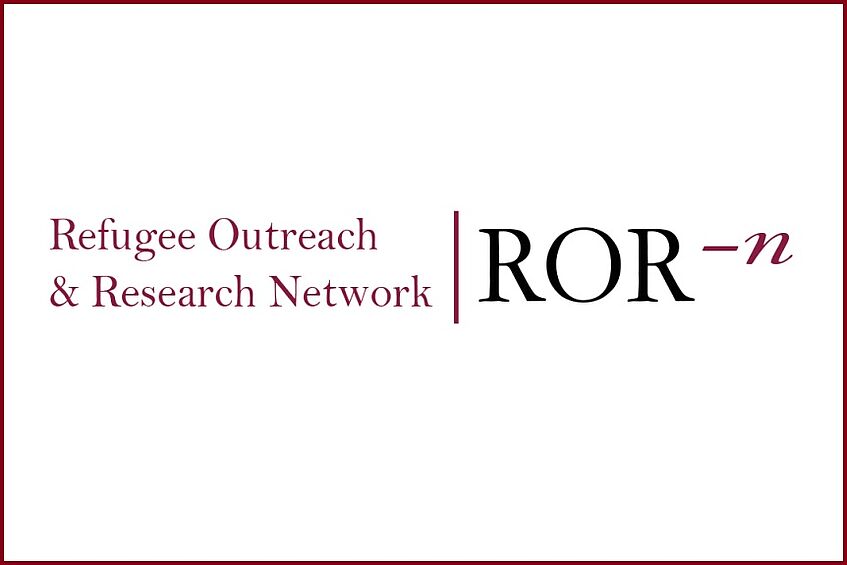
-
What we do
Founded in Vienna in 2015 by initiative of the Austrian Academy of Sciences Institute for Social Anthropology (ISA), The Refugee Outreach & Research Network (ROR-n) is an independent and transdisciplinary transnational network composed of research institutes and experts on refugee studies in particular, and human (im)mobility at large, along with general public supporters. ROR-n aims at permanent and ad hoc collaboration with institutions and individuals, scholars, civil society representatives, or policy makers, to produce and share knowledge about processes of human displacement in the world in general, and in Central and East Europe in particular. Our main goal is to integrate scholarly knowledge and public outreach, especially by researching ongoing processes relating to refugees and asylum seekers in Europe and beyond, and by addressing general misinformation about such processes and subjects. Moreover, we are committed to integrating displaced academicians within our own network, and reintegrating displaced scholars and students into academia.
Sedimented Visions
Hard Facts
Team Leader: Manuela Ciotti
Team: Geoffrey Aung, Evgenija Filova, Pierre Wenzel
Administration: Alexandra Ferra-Ringhofer
-
What we do
Sedimented Visions is a research team based at the University of Vienna’s Department of Social and Cultural Anthropology. Our research ranges across the study of the production and circulation of art objects from India; biennales as proliferating cultural forms that re-territorialize art world histories “in progress”; logistics and infrastructure projects as sites of both powerful aesthetic claims and urgent political struggles on Asia’s capitalist frontiers; Romani art as a practice of unsettling and reclaiming understandings of Romani social worlds, from questions of historical memory to contemporary movements; and the place of concrete in making and unmaking urban futures in Dakar, at the interstices of government bureaucracy, major construction companies, and a dynamic built environment.
Verwandtschaft und Politik
Eine konzeptionelle Trennung und ihre epistemischen Folgen in den Sozialwissenschaften
Hard Facts
Project Leaders: Erdmute Alber (Bayreuth, Deutschland), David Warren Sabean (Los Angeles, USA), Simon Teuscher (Zürich, Schweiz), Tatjana Thelen (Wien, Österreich)
Website: https://www.uni-bielefeld.de/ZiF/FG/2016Kinship/Events/05-08-Hounshell.html
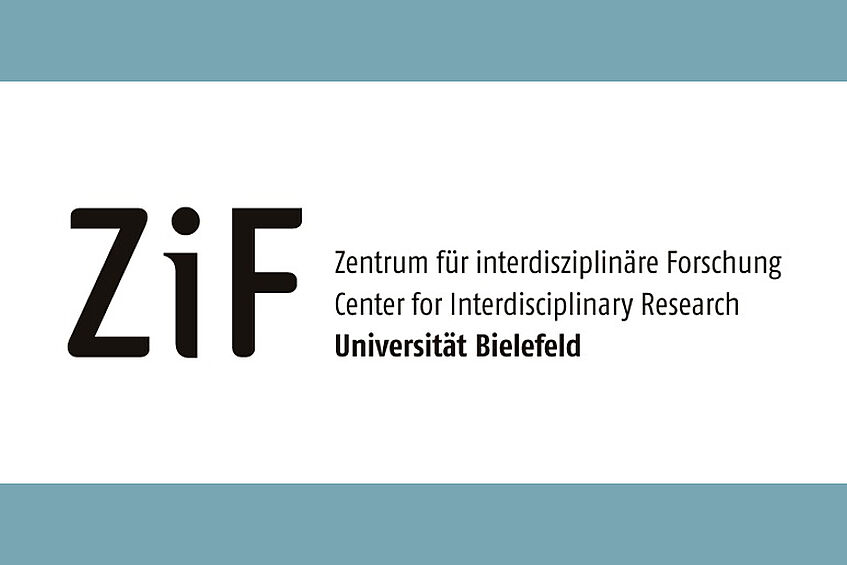
-
What we do
Forschungsgruppe 2016/2017 am Zentrum für Interdisziplinäre Forschung (ZIF) an der Universität Bielefeld, Deutschland. Die Gruppe fokussiert auf die epistemischen Folgen der konzeptionellen Trennung von Verwandtschaft und Politik und nahm im Oktober 2016 die Arbeit auf.
Leitung: Erdmute Alber (Bayreuth, Deutschland), David Warren Sabean (Los Angeles, USA), Simon Teuscher (Zürich, Schweiz), Tatjana Thelen (Wien, Österreich)
Nähere Informationen finden Sie beim: Zentrum für Interdiszplinäre Forschung, Universität Bielefeld
